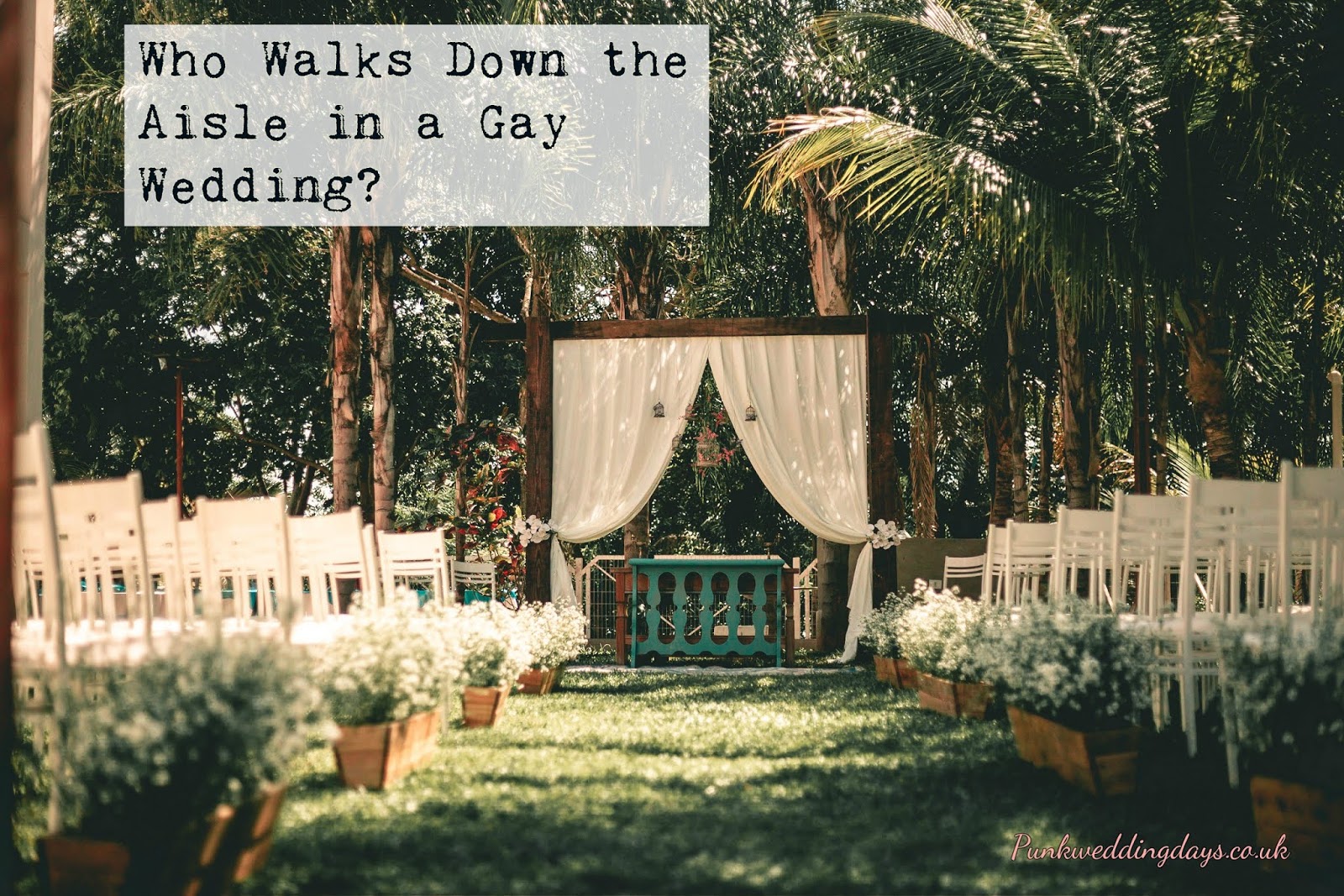Bermuda's Supreme Court Declares Gay Marriage Ban 'Unconstitutional'
Bermuda’s Supreme Court has reversed the island’s ban on same-sex marriage. The Government has six weeks to decide whether or not to appeal the decision.
Is it just us or is this starting to look like one long tennis match?
Is it just us or is this starting to look like one long tennis match?
In May 2017, the Supreme Court ruled that a ban on gay marriage was unlawful and the island’s LGBTQ community celebrated a job well done. The issue appeared to have been settled despite opposition from more conservative quarters of the Government and public.
The first same-sex wedding took place on May 31st 2017.
But then in November that year, Bermuda's Government introduced a bill to replace equal marriage with domestic partnerships. Citing a lack of support for same-sex marriage, the Government announced that couples already married would be able to retain their married status. Since the bill was passed in February 2018, however, gay couples are only able to apply for a domestic (civil) partnerships.
Bermuda had the dubious honour of becoming the first country in the world to repeal its same-sex marriage law.
It put the UK Government in a difficult position. Bermuda is a British Overseas Territory which means that whilst it’s self-governing it still counts the Queen as its head of state. Bills only become law once they’ve been signed by the island’s Governor who acts on behalf of the British Monarch. Britain’s official position on LGBTQ rights should have seen the Governor refuse to sign the bill. Britain’s relationship with its Overseas Territories, however, meant this was unfeasible: the UK Government does not interfere with the domestic laws of its territories.
The repeal hit the cruise industry, too.
It’s common practice for cruise companies to register their ships in countries other than where the company was founded or is headquartered. It’s called operating under a ‘flag of convenience’, and its done because it’s cheaper and less restrictive than registering a vessel in Europe or the US. P&O and Cunard, for example, have ships registered in Bermuda. The problem is that when a vessel is registered in a country, it is then bound by that country’s laws. It doesn’t matter where the ship is operating from nor does it matter where in the world the ship is at any one time. When same-sex marriage was banned in Bermuda it was banned on board Bermudian registered ships, too. This became a PR headache for a number of companies who were then forced to cancel same-sex wedding bookings.
The issue raised the question of why companies were registering their vessels in places where LGBTQ rights were being undermined. On social media, there were calls to boycott Bermuda and international criticism of the repeal.
It'll be interesting to see what the Government's response will be and whether or not they will pursue an appeal.
We'll keep you updated.











